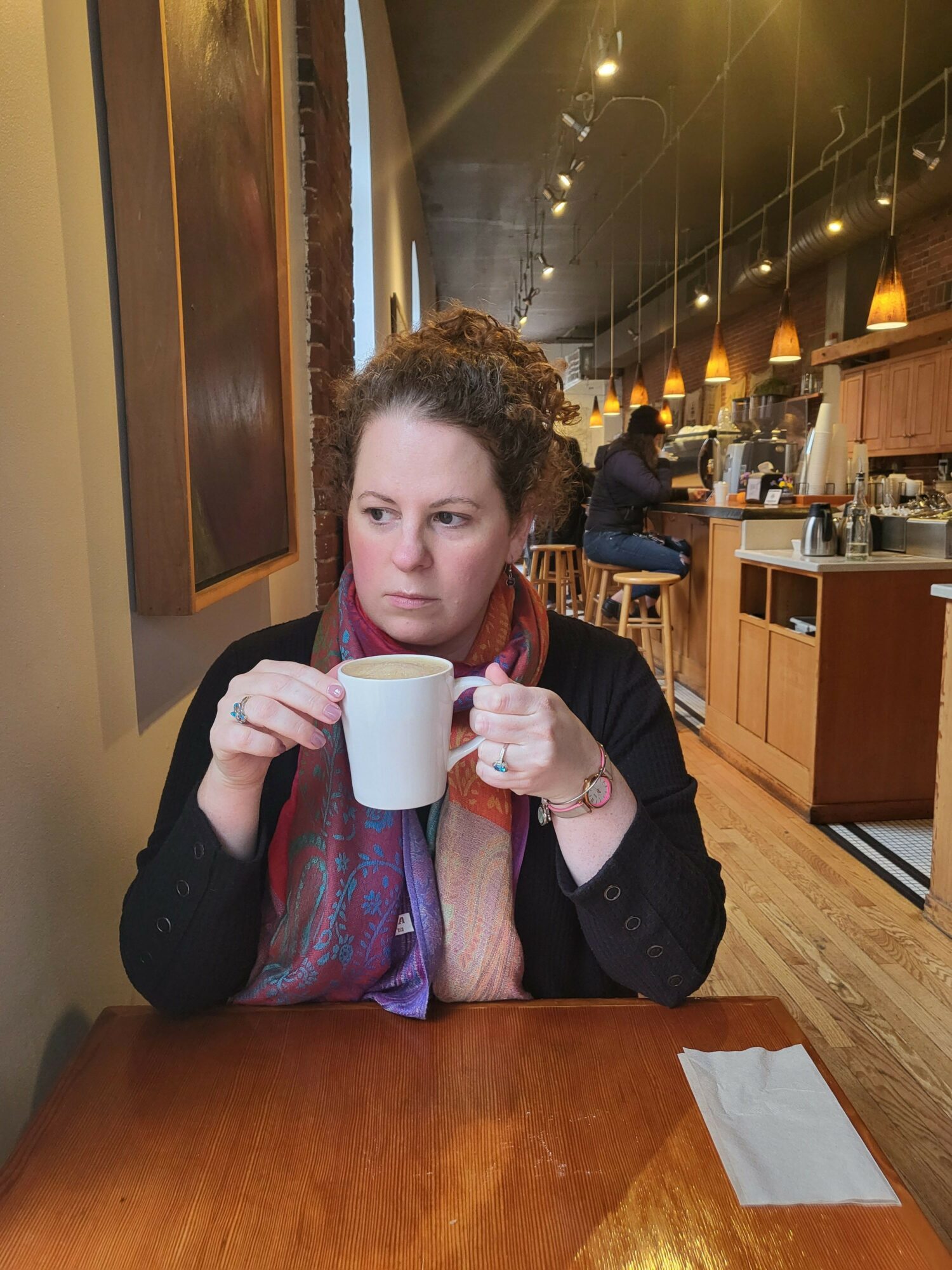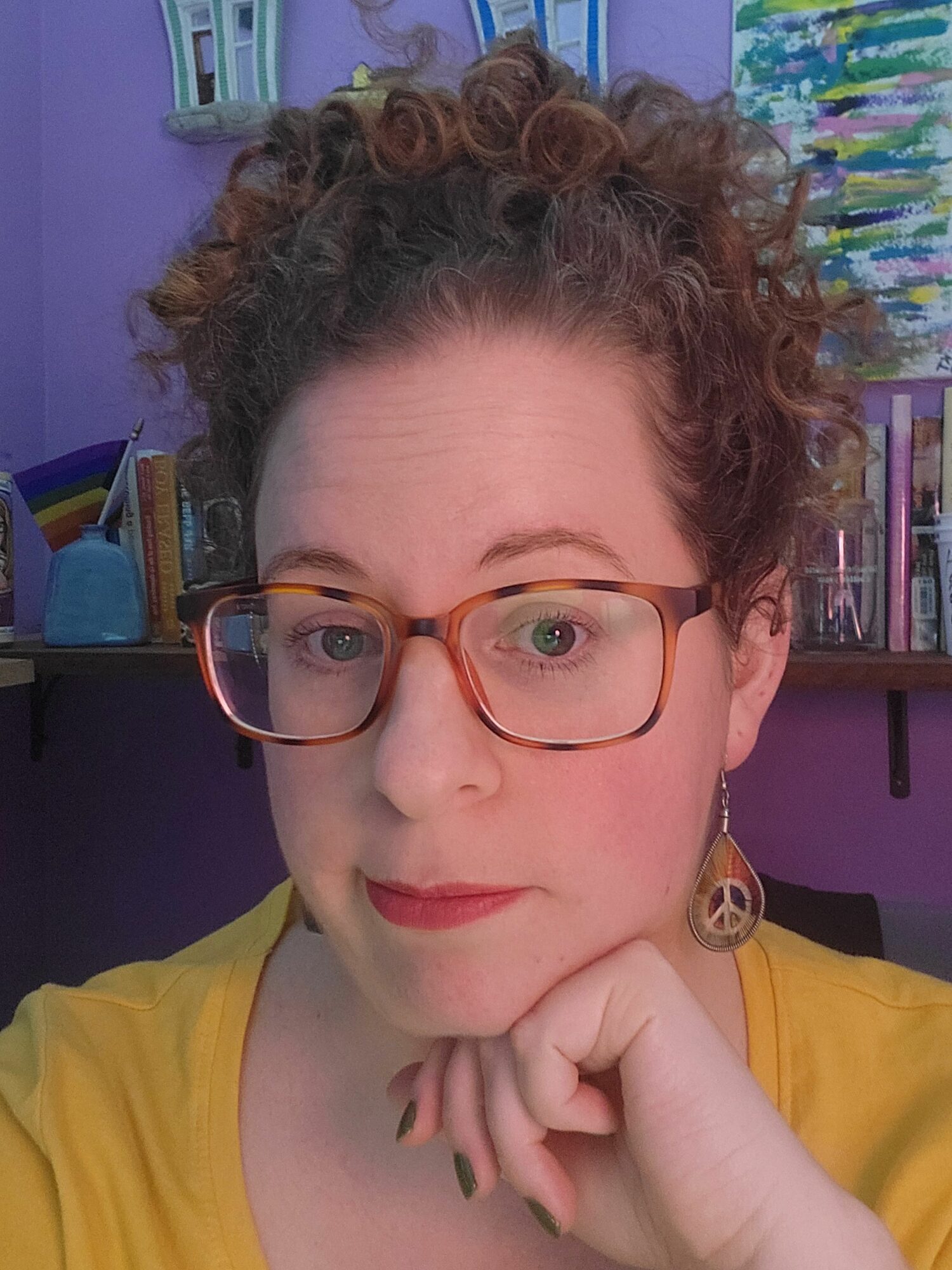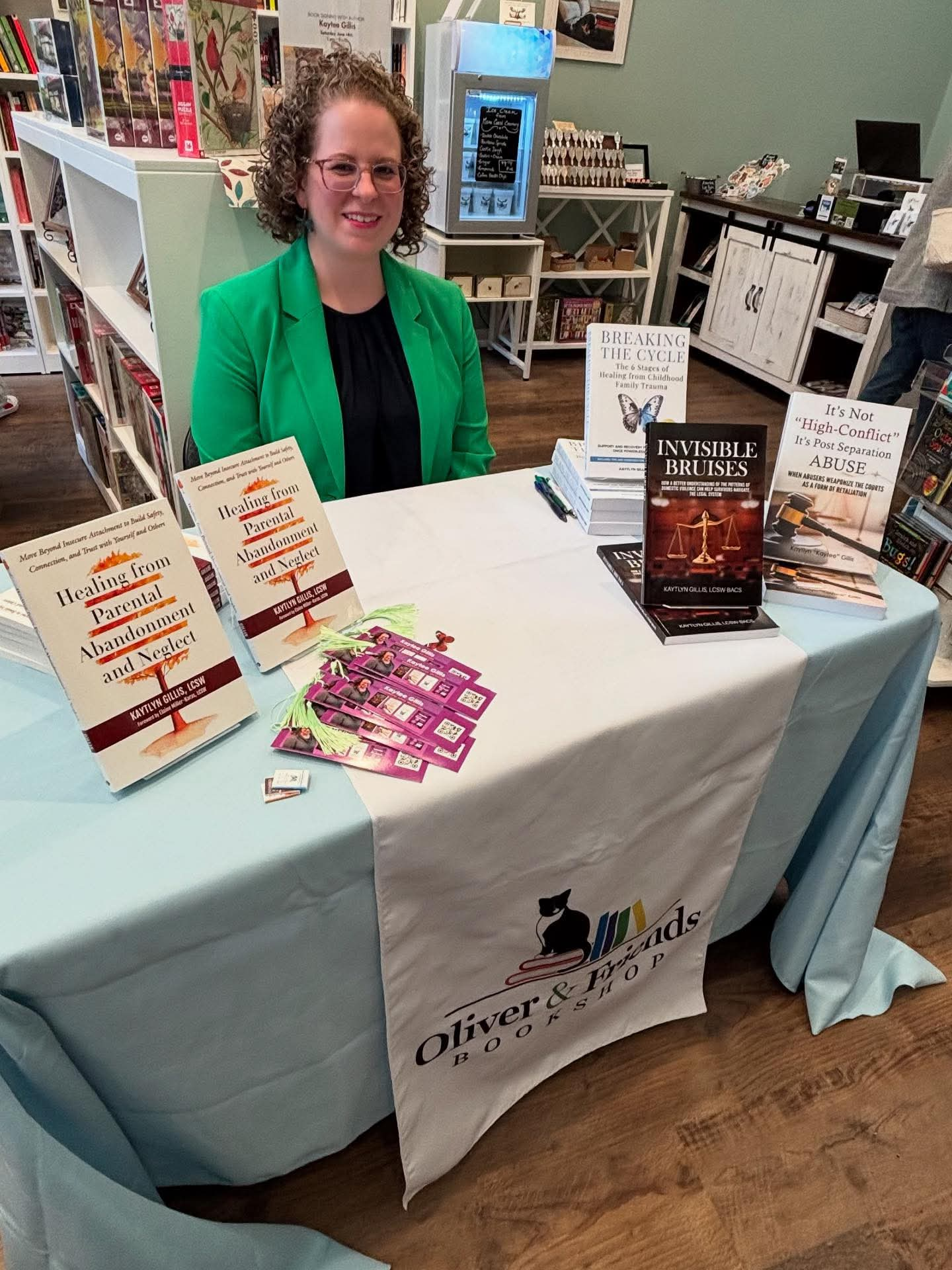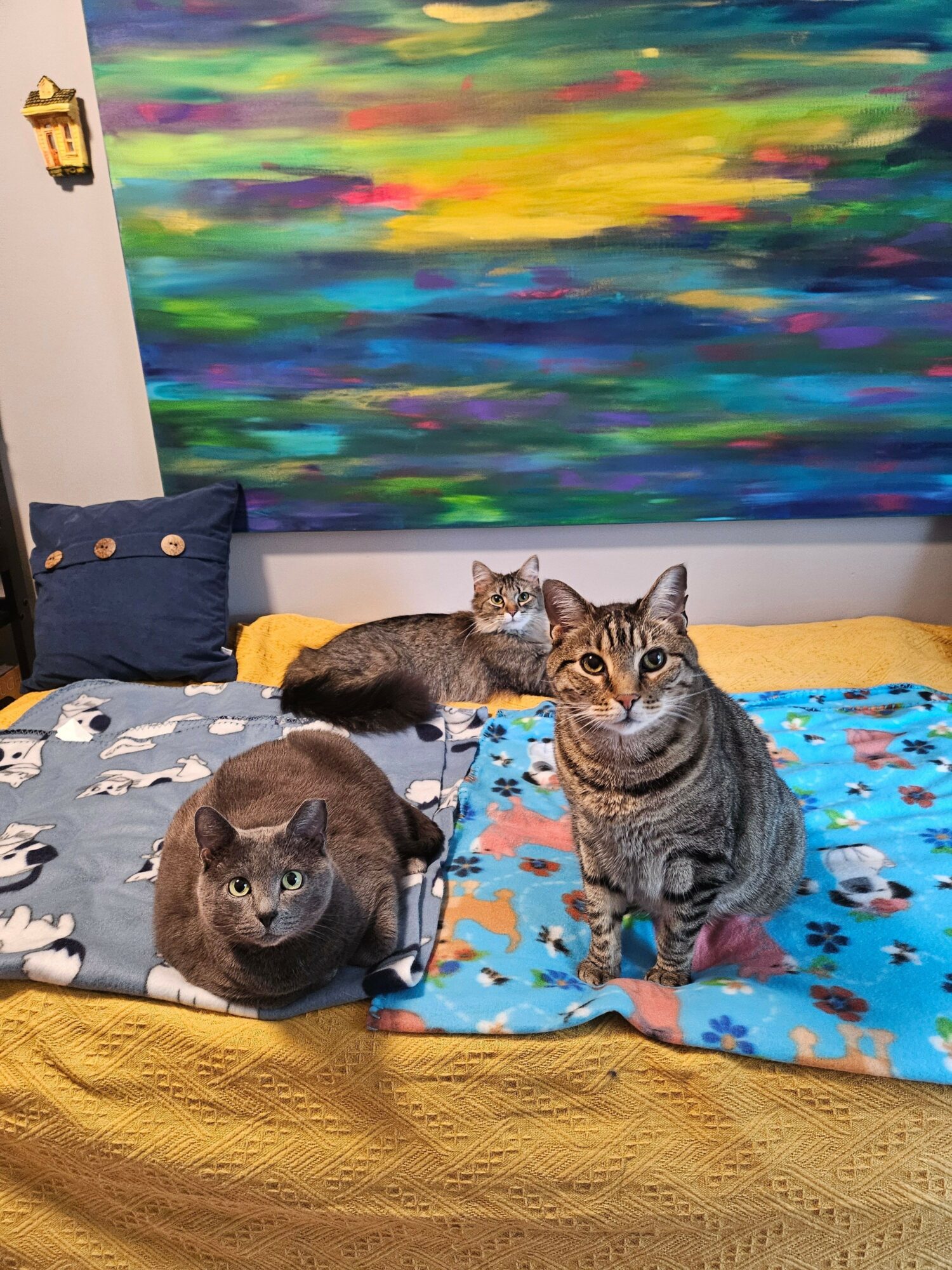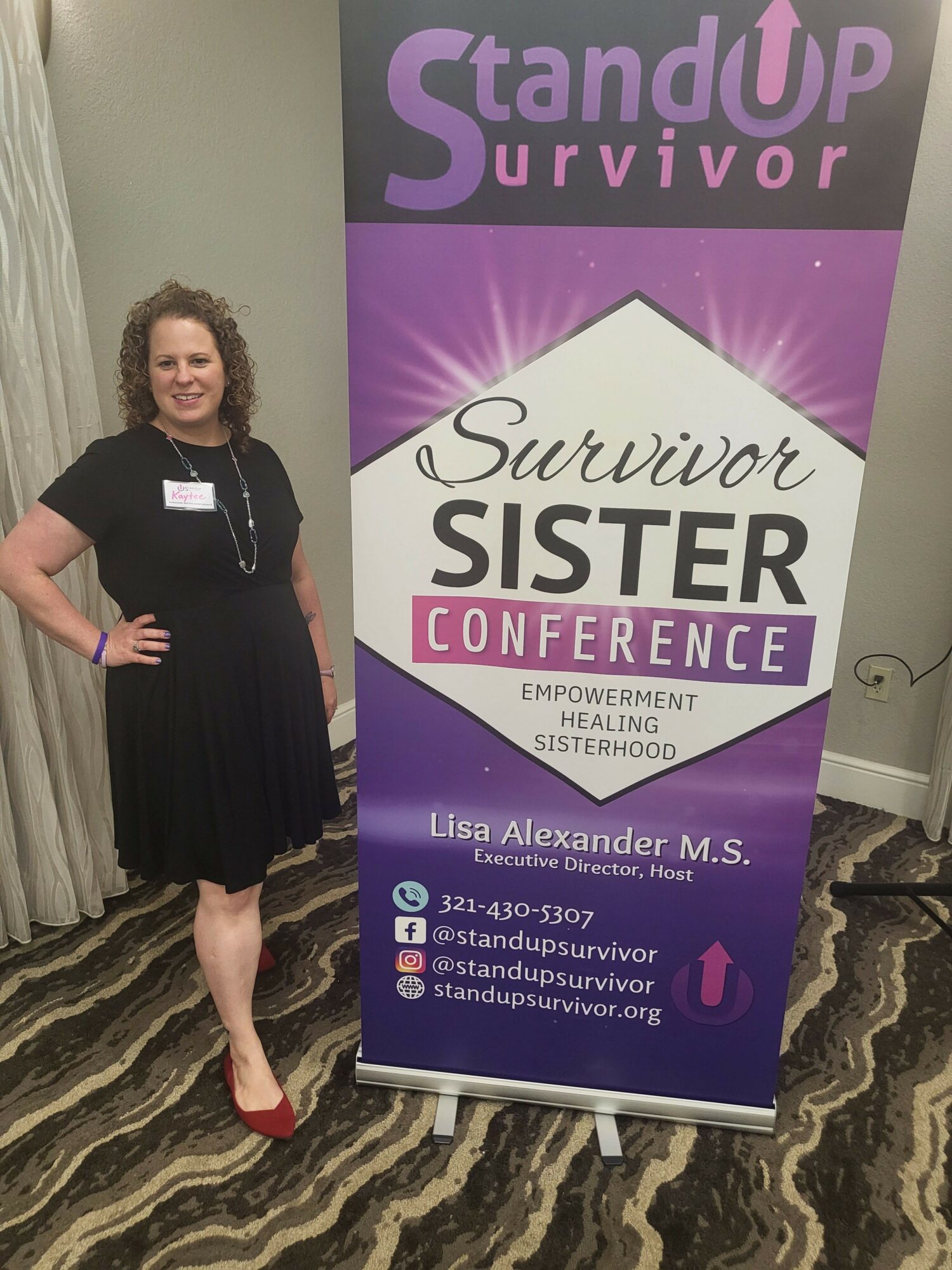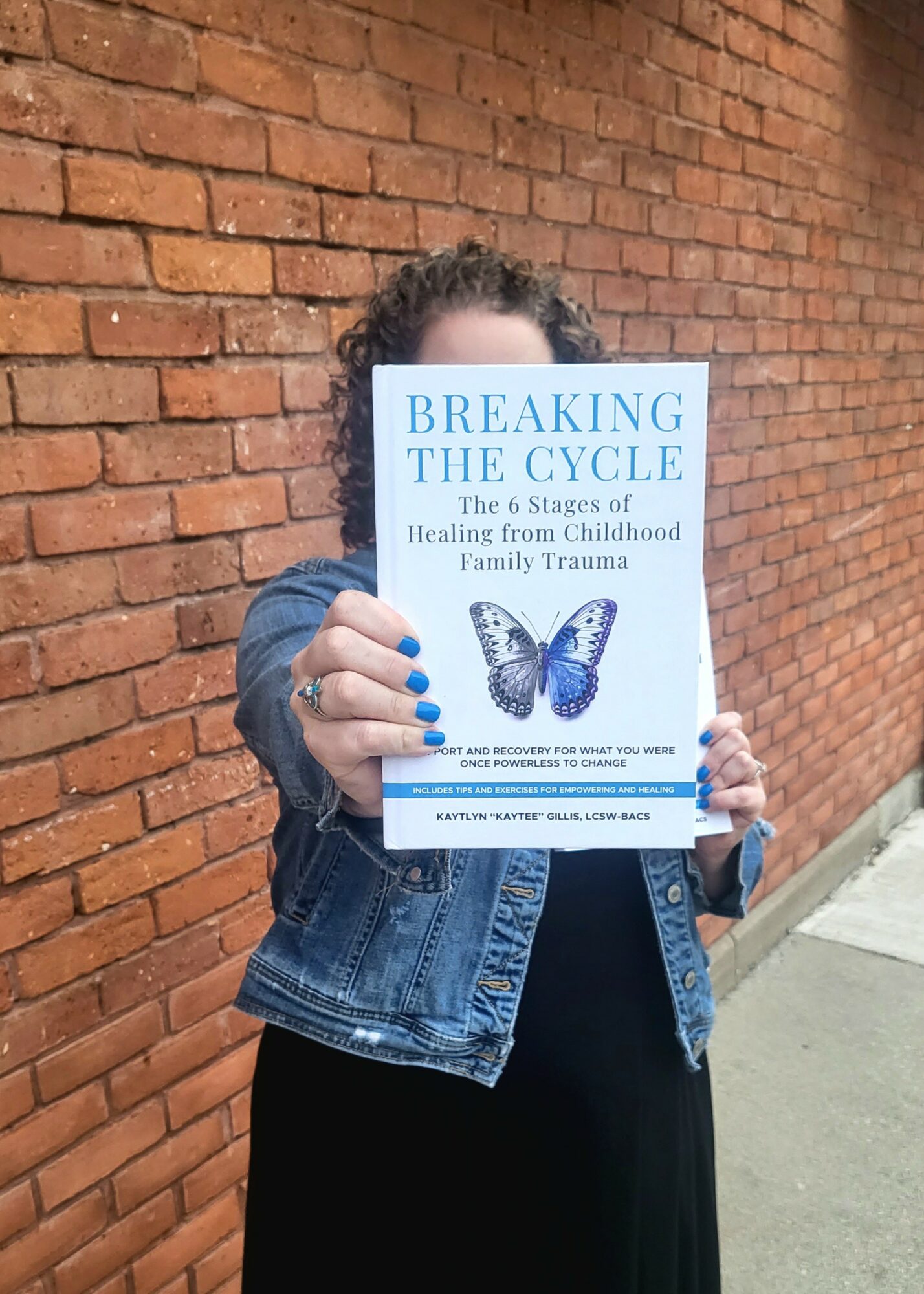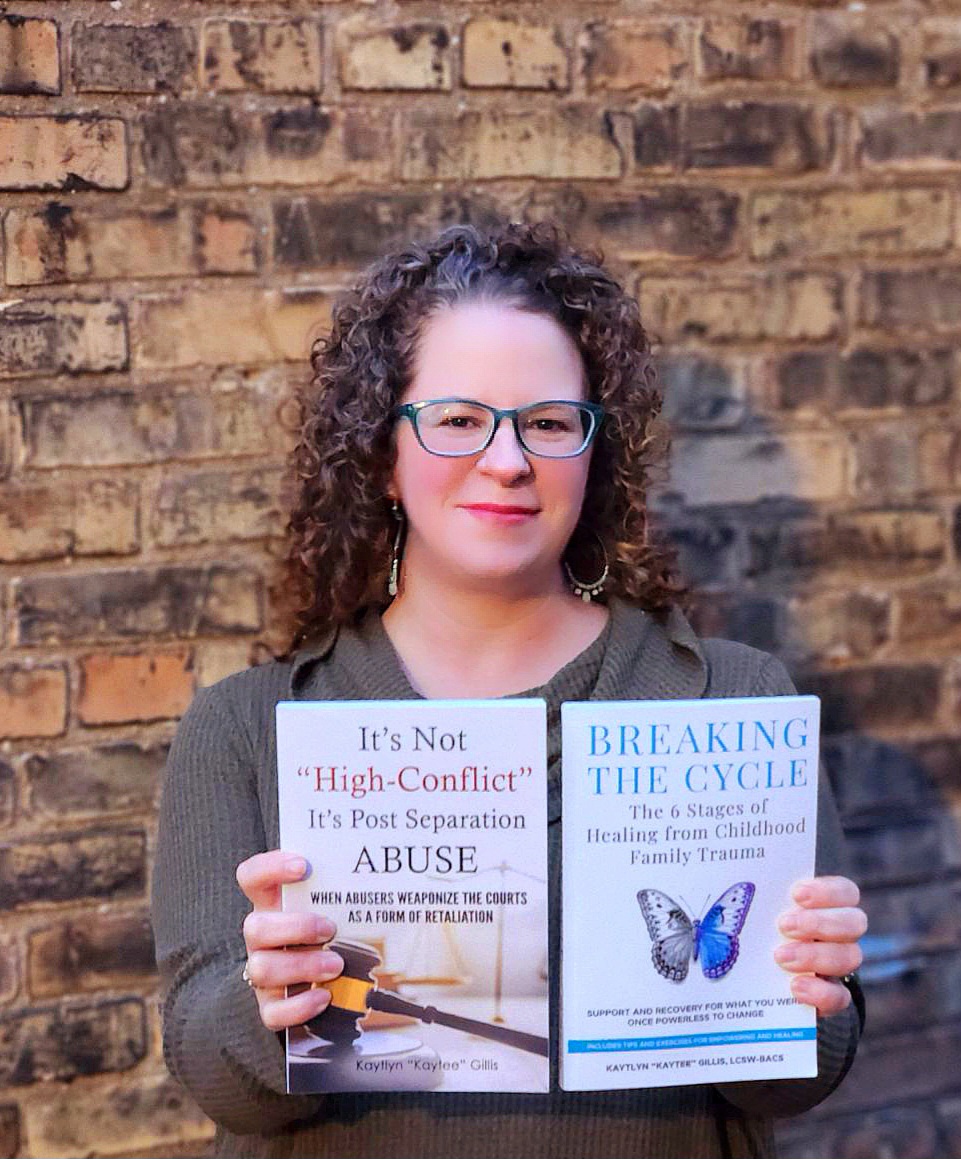

Kaytee Gillis shared their story and experiences with us recently and you can find our conversation below.
Hi Kaytee, thank you so much for taking time out of your busy day to share your story, experiences and insights with our readers. Let’s jump right in with an interesting one: Have you stood up for someone when it cost you something?
Yes. As a social worker who speaks about domestic and family violence, I am no stranger to the cost of speaking up. I often notice that friends, family, and even colleagues will shy away from the topics that I speak about openly and regularly. As a survivor, I find that the more I speak about my own history, the more those who seek to gain from my silence want to shame and blame me. This is a common experience for many survivors of abuse, and I believe it speaks to how important it is for me to continue to tell my story.
More recently, I have spoken up about the systemic trauma and violence that is happening in the world, both abroad and here at home, which has cost me to lose some close to me who did not support my speaking about this. And while it is painful to lose those I care about, I feel that using my power and privilege to speak about issues that impact all of us, especially marginalized groups, is important now and always.
Can you briefly introduce yourself and share what makes you or your brand unique?
I am a therapist and an author, and I am a cat mom to three cute and cuddly kitties. Most of my work centers on providing education for survivors of traumatic families and relationships, especially for those who are trying to make sense of what happened to them and how to cope in the aftermath. I grew up in a family that was very traumatic, and only when I felt safe enough (with the support of an amazing therapist) did I even realize how bad it was and how much it these experiences still impact me today. I want to use my story, and my privilege as a social worker, to speak up about these things that so many live with in silence every day. I love to write, both as a source of education but also as a way to work through my own healing journey.
Okay, so here’s a deep one: What did you believe about yourself as a child that you no longer believe?
After reading this question, I immediately thought of the shame and self-blame that I lived with throughout my childhood. As I mentioned, I grew up in a highly dysfunctional and traumatic family, where I was often scapegoated and blamed as the source of my parents’ ongoing conflicts.
When I was a child, my family went to family therapy for one session. I remember sitting there the whole time paralyzed with fear that the therapist would “find out” that I was the problem, and that I was the source of the constant conflict in the family. I was maybe 8 years old, and I really, truly believed that all of the conflict was my fault. When I mention that to friends and colleagues now, as an adult, I am met with shock and sympathy. But to a child, this fear and this belief can be all consuming. I carried it with me for a long time.
I still struggle with this self-blame today, even decades later. I notice it creep up in moments where I feel like I have done something wrong, or perhaps I made a mistake socially. I beat myself up for it, feeling like a failure, until I am able to recognize that this is not about me now as an adult, but about that young child who grew up believing that they were to blame, and that they were bad. Healing and unlearning is a lifelong journey.
Was there ever a time you almost gave up?
Yes. When I was 15. I was desperate to get out of the scary situation I was living in, and felt I had nowhere to go for support. I am grateful that I am still here today to support others who may be experiencing the same. I want to tell them that they are not alone and that it gets better.
Next, maybe we can discuss some of your foundational philosophies and views? What are the biggest lies your industry tells itself?
We are at a major crossroads in the mental health field. So many therapists are aware of the influence of our upbringing on our mental health, as well as external influences such as systemic poverty, racism, ablism and other things. Generations before us greatly ignored these things and focused on giving diagnoses. However, despite this knowledge gaining traction for so many of us, those in power in the field- largely insurance companies and other agencies- limit healing by focusing on the financial benefits of diagnostic labels. We have a long way to go, but I am happy to be part of the movement doing the work to create change.
Before we go, we’d love to hear your thoughts on some longer-run, legacy type questions. What is the story you hope people tell about you when you’re gone?
I want people to think of me as someone who cared about those around me, especially those who society tells are not worthy. I spend a lot of time volunteering to help animals, especially cats, at my local Humane Society. It means so much to me that these animals know how important and loved they are, and that their lives are valued, even when they have been given the message that they aren’t. I want people to remember that I was someone who wanted to help living things learn to love themselves even when they were taught they are unlovable.
Contact Info:
- Website: https://www.kaytlyngillislcsw.com
- Instagram: https://www.instagram.com/kayteegillis/
- Linkedin: https://www.linkedin.com/in/kaytlyn-kaytee-gillis-lcsw-bacs-42b46856?original_referer=https%3A%2F%2Fwww.kaytlyngillislcsw.com%2F
- Facebook: https://www.facebook.com/KayteeLCSW/
